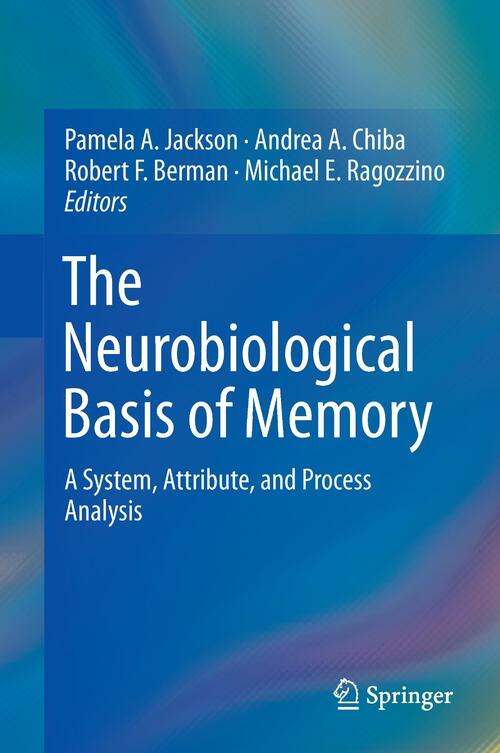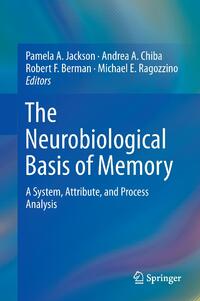This exciting volume offers an up-to-date tour of current trends in the neurobiology of memory while saluting Raymond Kesner's pioneering contributions to the field as a theorist and researcher, teacher and mentor. Starting with his signature chapter introducing the Attribute Model of Memory, the first half of the book focuses on the central role of the hippocampus in processing dimensions of space and time, and branches out to memory system interactions across brain structures. Later chapters apply the attribute model to multiple functions of memory in learning, and to specific neurological contexts, including Huntington's disease, traumatic brain injury, and Fragile X. As a bonus, the book concludes with an essay on Kesner's life and work, and reminiscences by colleagues. Among the topics covered: How the hippocampus supports the spatial and temporal attributes of memory. Self-regulation of memory processing centers of the brain. Multiple memory systems: the role of Kesner's Attribute Model in understanding the neurobiology of memory. Pattern separation: a key processing deficit associated with aging? · Prefrontal cortex and basal ganglia attributes underlying behavioral flexibility.Memory disruption following traumatic brain injury. Cognitive neuroscientists, neuropsychologists, gerontologists, psychiatrists, and neurobiologists will find The Neurobiological Basis of Memory both enlightening and inspiring--much like Kesner himself.

